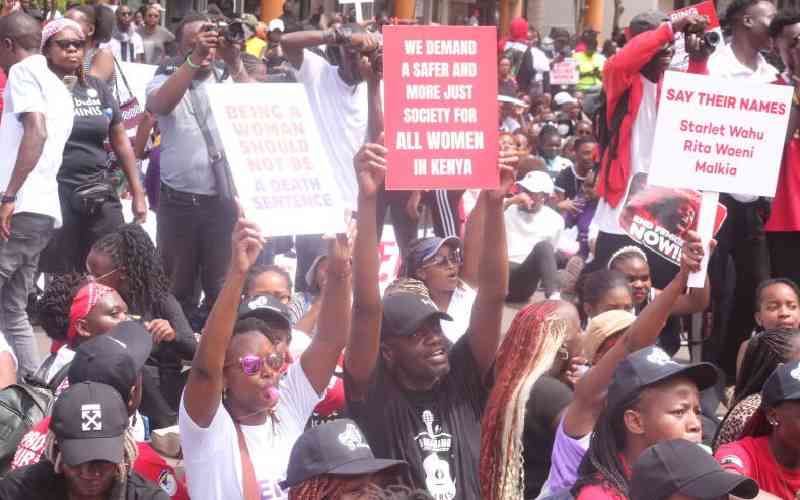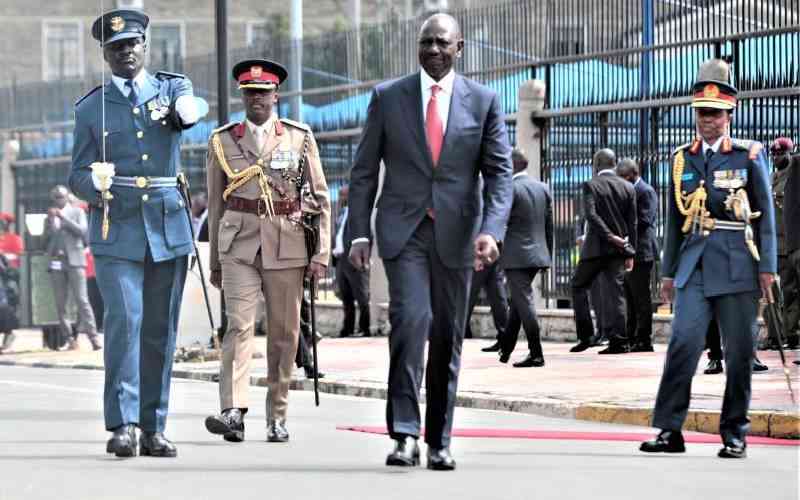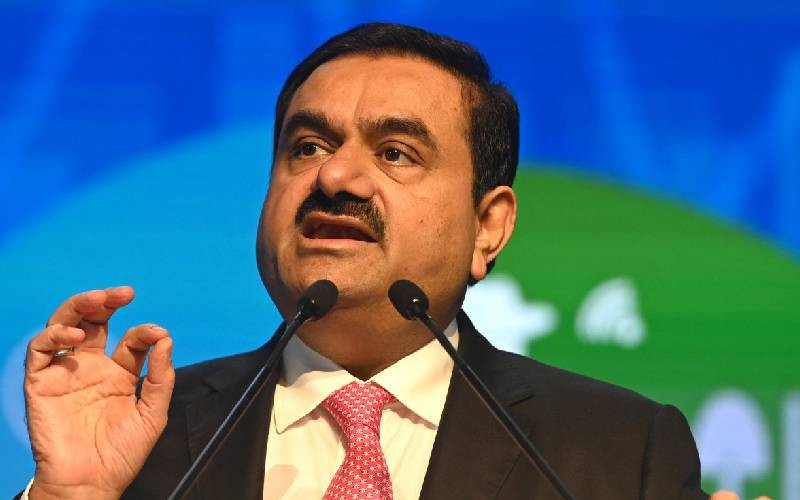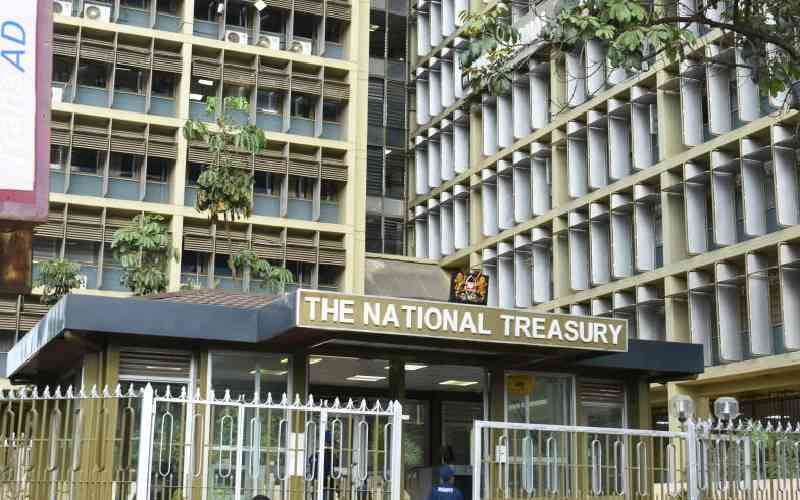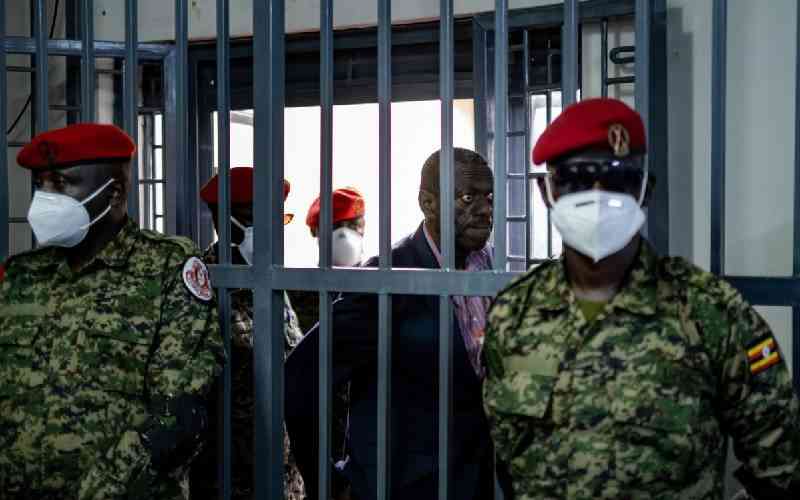
Kenya has been busy on the international trade circuit, signing deals with the UK and announcing that negotiations for a trade agreement with the US are now on. This is good news because if done correctly, opening of these vast developed markets could power Kenyan exports.
There is, however, a frequent complaint made by international investors regarding the business climate in the country: taxation.
Speaking during a breakfast meeting hosted by the American Chamber of Commerce in Kenya, Coca-Cola’s Phillipine Mtikitiki blamed high and unpredictable taxes as one of the barriers to doing business in Kenya.
For instance, it makes business planning and forecasting difficult when new and unexpected levies are introduced to businesses and have to be absorbed or passed on to consumers.
Indeed, Mark Measick the USAid mission director in East Africa noted that Kenya will not be “trade negotiation” ready until the issue of a stable and predictable tax regime is dealt with.
This is because international investment is made by private sector based on the attractiveness of the investment destination of which the prevailing tax regime is a big part.
Which is why it bears looking at what is happening in the sports betting industry. Essentially, this is an industry that has almost been taxed out of existence in the national jurisdiction.
Misapplication
Not only has there been a rush to introduce taxes to the industry, but there has also been deliberate misapplication of the taxation regime in ways that utterly make no sense. For instance, when someone places a bet of Sh100 and wins Sh50 on the outcome of a football game, the tax they should pay should be on the winnings not the original wager amount.
A quick look at how the tax regime has changed over the last seven years bears this unpredictability out. In 2013, winnings payable to bettors were subject to a withholding tax of 20 per cent. This was later reduced to 7.5 per cent in January 2016.
In September 2016, this withholding tax was suspended, instead a betting tax of 12.5 per cent on gross gaming revenues was introduced. By January 2018, this betting tax was escalated to 35 per cent before being reduced to 15 per cent in 2019. However, withholding tax on winnings was now reintroduced at 20 per cent.
As at November last year, an excise duty of 20 per cent on the amount bet was introduced.
Further, the definition of winnings was expanded to widen the scope in 2018. Currently, Kenya Revenue Authority has chosen to interpret its mandate to extend to taxing the entire amount wagered plus winnings.
This makes a mockery of the whole taxation regime and calls into question whether the tax authority, an agent meant to collect taxes for the government for a commission, has overstepped its mandate in granting itself interpretive powers that it does not possess.
Stay informed. Subscribe to our newsletter
While KRA has powers of collection of taxes and enforcement of taxation rules, it is doubtful that its mandate extends to the independent determination of how such taxes should apply.
As Professor Migai Akech notes in his book, Administrative Law, “the taxation power needs to be exercised judiciously lest it threatens the very same individual liberties that government is established to protect.”
Therefore, he notes, taxation ought to be applied according to the principles of equity, fair treatment of taxpayers and involvement of taxpayers in public participation when making changes to the tax policy.
Arbitrary process
In the introduction of multi-layered taxes on the sports betting industry, a lot of things have gone awfully wrong from the start. One of them is that the process has been arbitrary and ill-informed, resulting in chaotic implementation.
The industry was clearly not consulted and the imposition of the added taxes in retrospect was motivated more by a need to plug gaping holes in a budget whose figures are now known to have been cooked to hide certain public debts.
Rather than result in the expected windfall for the tax authorities, the amount of taxes collected from the sports betting industry has actually shrunk as betting companies fold up operations and send workers home.
In 2018 for instance, when the excise duty on betting winnings was 15 per cent, the government was able to raise more than Sh12 billion which was meant to go into a Sports Fund to develop sporting activities.
This money was later diverted to the universal health coverage fund to the detriment of sports, and the all too familiar tales of Kenyan sports teams stranded in foreign capitals for lack of funds have become the norm.
Sports has also benefited from direct sponsorships to the leagues and individual sports team from the industry, something no longer tenable and whose effects are there to see.
- The writer is a policy and legal communications consultant
 The Standard Group Plc is a
multi-media organization with investments in media platforms spanning newspaper
print operations, television, radio broadcasting, digital and online services. The
Standard Group is recognized as a leading multi-media house in Kenya with a key
influence in matters of national and international interest.
The Standard Group Plc is a
multi-media organization with investments in media platforms spanning newspaper
print operations, television, radio broadcasting, digital and online services. The
Standard Group is recognized as a leading multi-media house in Kenya with a key
influence in matters of national and international interest.
 The Standard Group Plc is a
multi-media organization with investments in media platforms spanning newspaper
print operations, television, radio broadcasting, digital and online services. The
Standard Group is recognized as a leading multi-media house in Kenya with a key
influence in matters of national and international interest.
The Standard Group Plc is a
multi-media organization with investments in media platforms spanning newspaper
print operations, television, radio broadcasting, digital and online services. The
Standard Group is recognized as a leading multi-media house in Kenya with a key
influence in matters of national and international interest.


